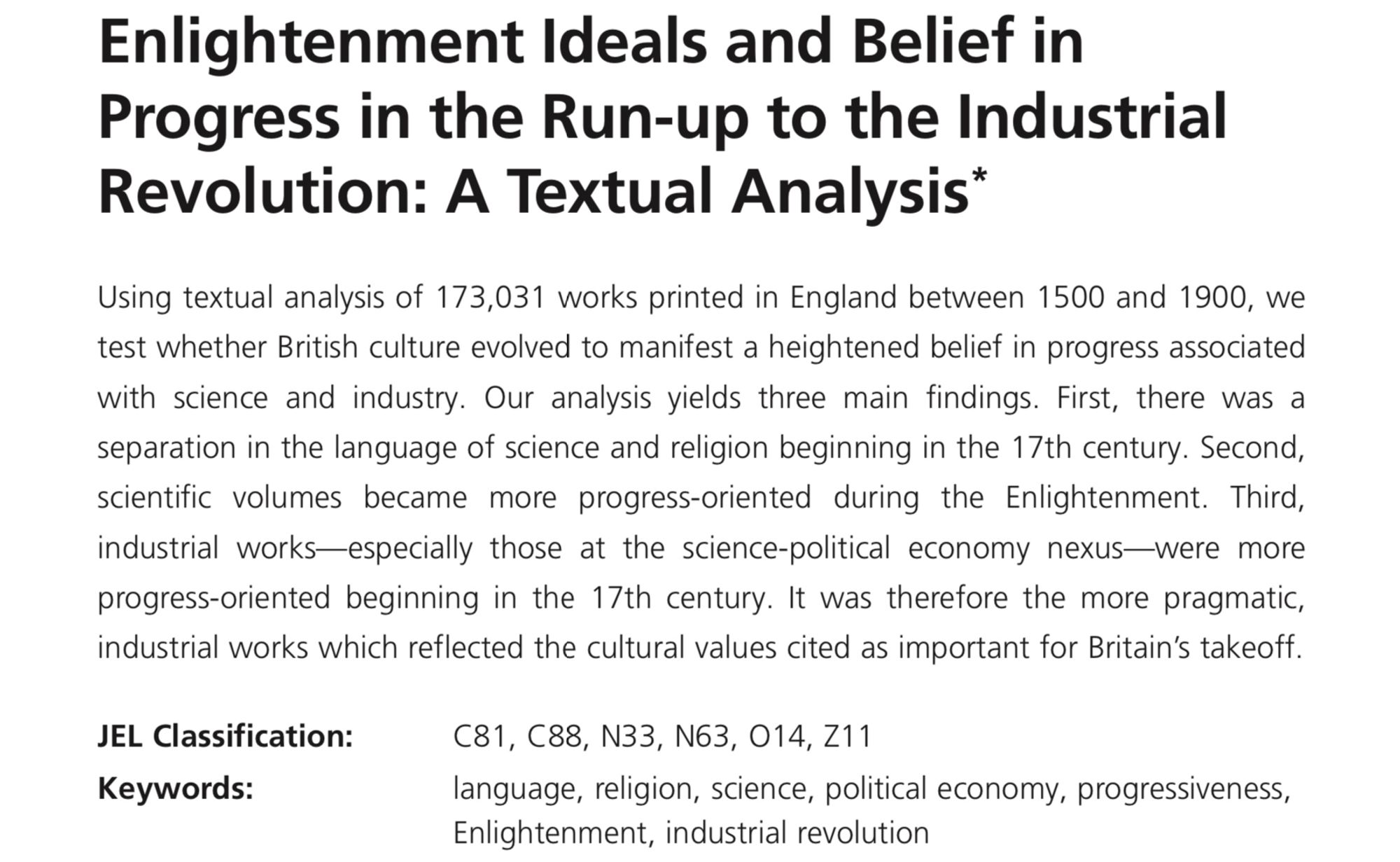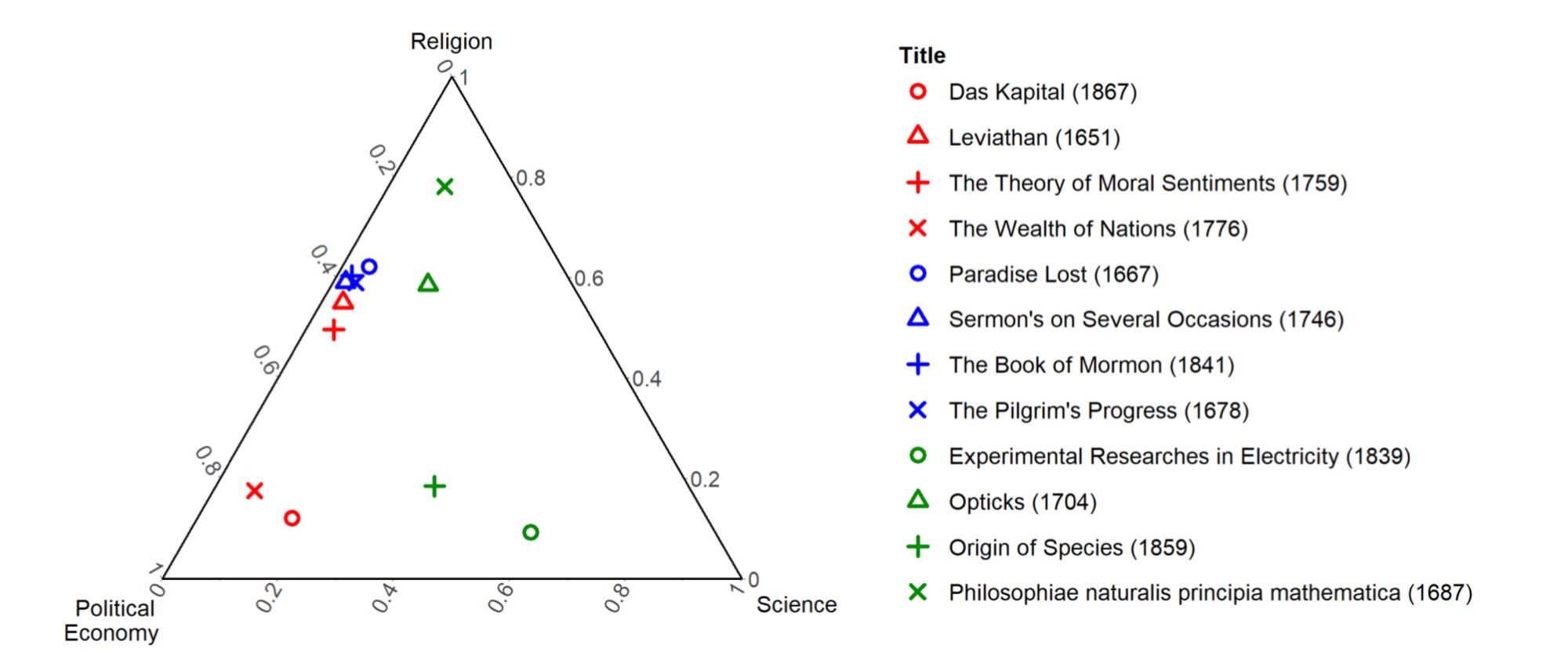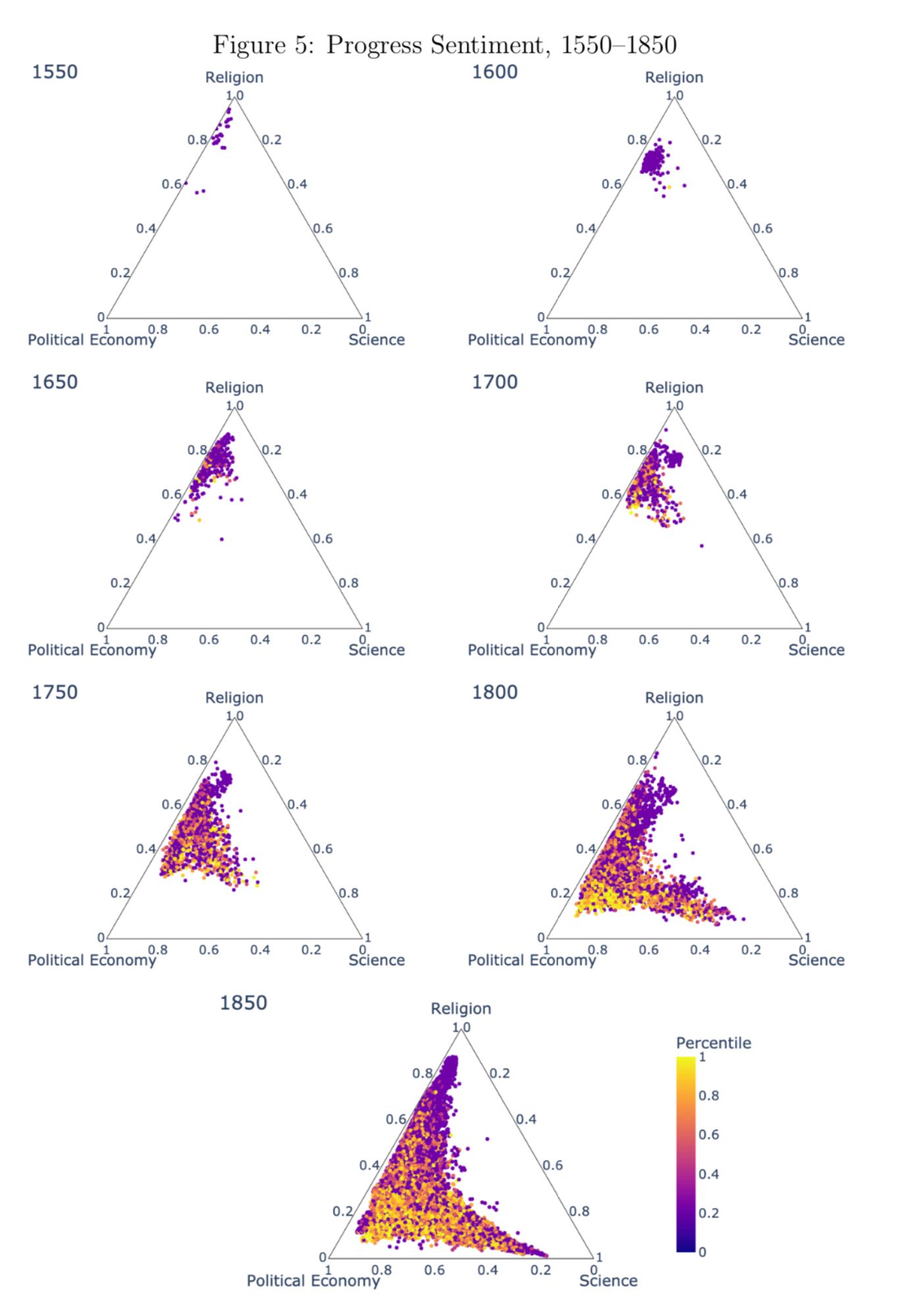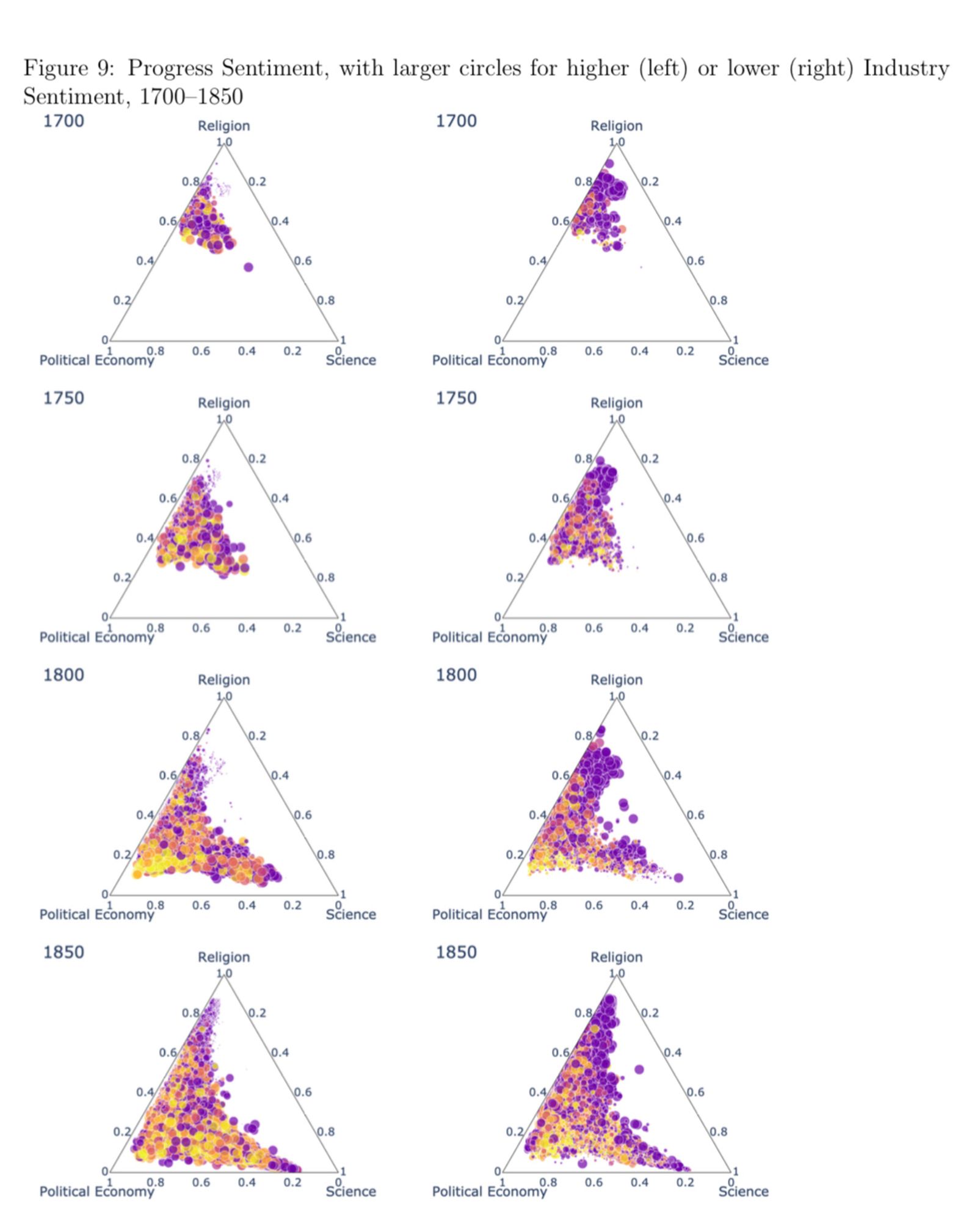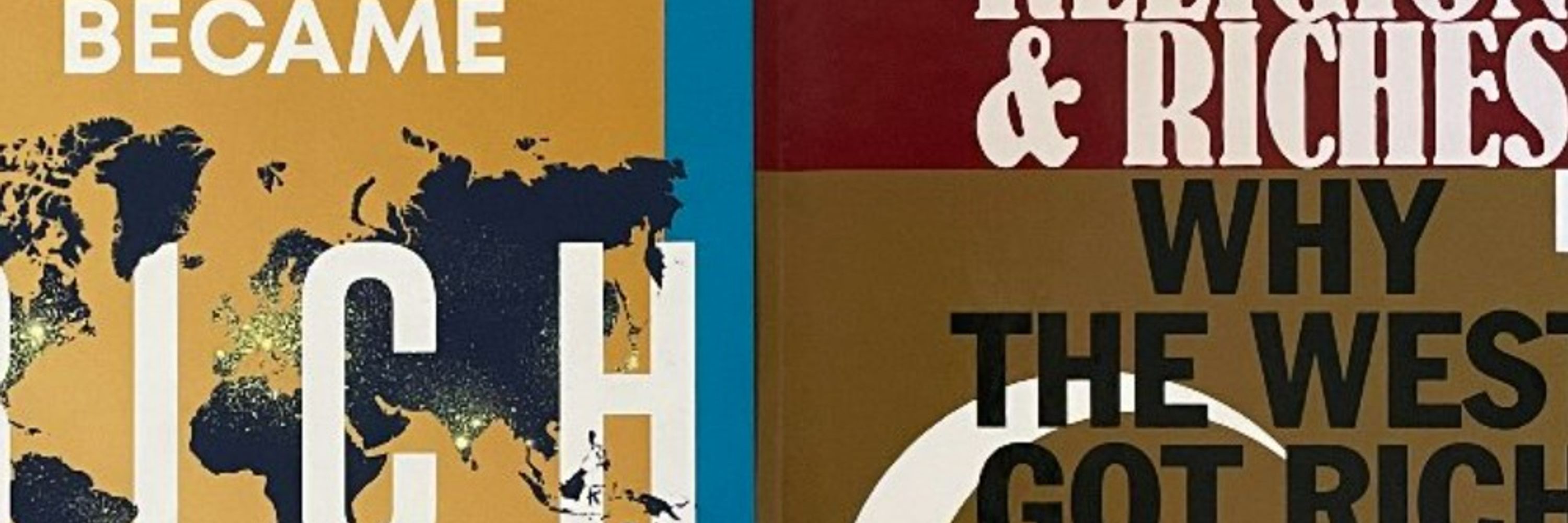
Thanks! We are open for business … submissions welcome!
Our goal is to make this the *premier* book series for works of HPE. If you have an idea for a book, feel free to reach out to us! 5/5
HPE is a growing field. We want books across several fields, not just our own. We suspect that most books will come from political science and economics, but we really hope to attract books in history and historical sociology 4/
Obviously, books in the series must have a historical element. We want books that take the history seriously and ask questions motivated by historical context … not questions that can be answered only because one has found a historical data set. Questions and context matter! 3/
In our view, books are for big narratives. We are not seeking narrow claims that be causally identified with precision. Books give an author the space to make big claims and support them with an (over-)abundance of evidence. This is the type of thinking we want to foster. 2/
While persuasive, Mokyr’s theory has until recently been only that: a theory. But a fascinating paper published last month puts some evidence behind the argument bsky.app/profile/jare...
I think this study brings a quantitative, empirical test to one of the most important theses on why Britain industrialized first More generally, getting quantitative data on cultural variables is challenging. Text analysis is a promising methodology for economic historians!! 7/7
3) works that used the language of *industrialization*, especially those at the science-political economy nexus, were the most progress-oriented of all 6/
2) the language of science became more progress-oriented in the 18th century, but works at the *science-political economy nexus* were the most progress-oriented That is, those works of science that spoke to a broader audience were the most progress-oriented (á la Mokyr) 5/
There are three main findings: 1) by the mid-17th century, there was little overlap in the language of science and the language of religion 4/

